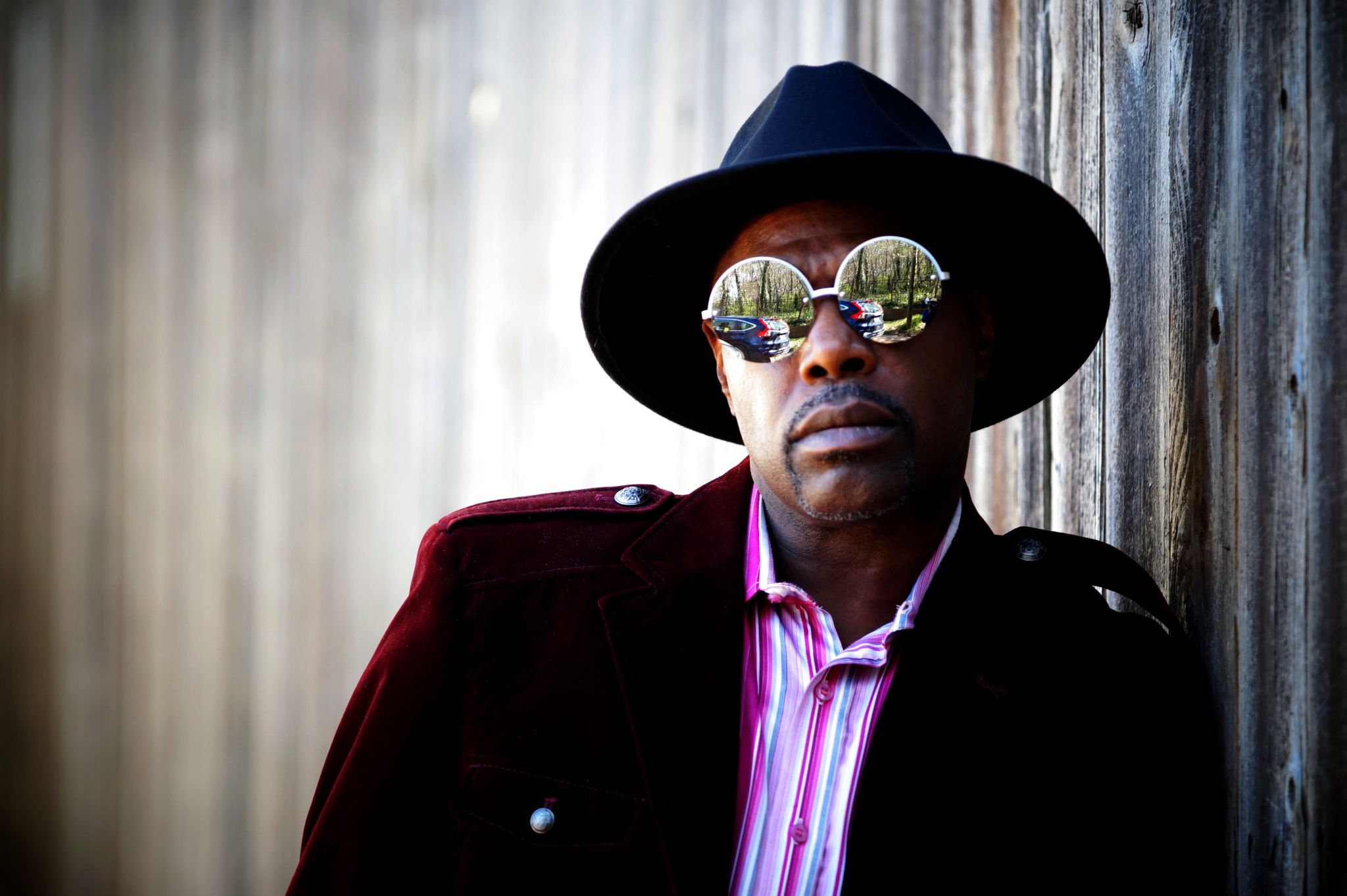“Return of the Arc“
Guest Writer: Bishop Hartsel Clifton Shirley
The much-anticipated return of Noah’s Arc came and tantalized us just as the series did for two seasons on Logotv. This time with much more freedom and creative control, Patrik-Ian Polk–the groundbreaking program’s creator, writer, producer, and director–returned to whet our appetites with Noah’s Arc: The ‘Rona Chronicles.
The ‘Rona Chronicles, which streamed live last month, is the follow up to Polk’s 2008 theatrical release, Noah’s Arc: Jumping the Broom. That feature film was designed to give appropriate closure to the original series, which was abruptly canceled after two seasons in 2005.
‘Rona opens with an intro of sorts by Black transsexual entertainer and LGBTQ activist Ts Madison, who admonishes viewers that the show is for “grown folks” and to “mask it or casket” (In other words: wear your face coverings!) T S also wishes the series a happy 15th anniversary.
A flashback montage follows, taking us through the series and the 2008 movie. And about 15 minutes before ‘Rona officially starts, Lena Waithe, Black lesbian film director, pops up. Now, her appearance made me wonder if the thought was that this 15th-anniversary virtual reunion needed extra validation or drawing power.
The obvious challenge of doing Noah’s Arc: The ‘Rona’ Chronicles is “’Rona,” the coronavirus pandemic gripping the nation and holding it hostage. How well would an entire episode give us the fullness of these characters if they can’t be together? Well, split screens, editing, and a lot of creativity helped to make this return to the Arc worth waiting for.
I’m not going to ruin the episode for those who may not have watched it (or missed the movie or series, for that matter); I never want to steal the pleasure from the viewer!
However, I will offer kudos to the entire cast (minus a few characters that were not included in this virtual reunion), as well as Patrik-Ian for having the desire and creativity–particularly during the pandemic– to allow us to continue on the journey of Noah’s Arc. Too bad Logo did not have the wherewithal.

Although the original series described itself as the Golden Girls meets Soul Food, it was never that; actually, it was much more than that. In a country whose pop culture only tolerates “Black gay anything” in small doses, Noah’s Arc was a landmark in television history and the country’s cultural history.
Undeniably, the Black LGBTQ community has made significant strides in the arts. And, we no longer have to code our words, change our style of dress, or modify our existence to be accepted by the mainstream–unless we so choose. Noah’s Arc presented a slice of life that many of us only lived in the shadows, in moments, and in the company of a select few. The liberation gained from “hiding to going to full-color” in front of our eyes—and unapologetically–was right on time.
We can thank Noah’s Arc for that.
Of course, Noah’s Arc didn’t change the world, the country, or the politics of the TV industry, but it proved that Black LGBTQ people are more than a punch line and more than a scapegoat for preachers to use during a sermon that isn’t going well. It didn’t set out to prove that being different is cool.
What Noah’s Arc DID show is that there are corporate sponsors who would support a Black LBGTQ series; that there is an audience for a show such as this; and that it could be popular enough to be a network’s largest ratings draw!
Noah’s Arc presented its characters as human, and their lives were full of the challenges and opportunities that come by us all. It was the first network LGBTQ series whose main cast was entirely Black. Noah’s Arc gives us yet one more way to say:
We were there first, we’re present now, and will always be…

Bishop Hartsel Clifton Shirley is an author, writer, singer/songwriter, and bishop from Waterloo, Iowa. He received his master’s degree in business from the International Business Management Institute based in Berlin, Germany.
Currently residing in Atlanta, Mr. Shirley is a bishop of National and International Social Action, part of New Direction Overcomers’ International Fellowship (based in Richmond, Virginia).
A multi-faceted talent, Hartsel is a writer, author, and singer/songwriter. A bronze prize winner of the International Society of Poets, he has penned editorials for the Waterloo/Cedar Falls Courier. His best-selling novel is entitled Three Words, Four Letters, published by Ishai Books. Additionally, Hartsel has charted at #1 several times on the ReverbNation pop music charts.
Inspired by Langston Hughes, Bishop Shirley states, “I write what moves me. There is nothing I can’t write. I just have to care about it so I can write truthfully.”
According to Hartsel, his current book, The Night Eddie Sallis Died, is based on factual information he uncovered in 2002 about a 1966 jail cell “suicide” in Waterloo, Iowa (his place of birth). This revealing and riveting book pulls back the curtain on racism and police brutality. The author emphasizes, “These truths make Iowa a state not to be taken lightly–nor forget.”
Hartsel’s upcoming works include Three Words and Four Letters–the second and third installments of his first novel–along with his third music project, Rebel with A Cause.
Bishop Shirley can be emailed at hartselshirley@gmail.com



Thanks for this information on Noah Arc. That was one of my favorite shows. And your column gave great insight about the show. I myself wish the show had not ended so suddenly. You are a great addition to the great writers for Wyatt. I look forward to you next column.
As one who watched the series to its abrupt end, and bought the video “Noah’s Arc: Jumping the Broom,” without giving anything away about “The ‘Rona Chronicles”, you were on point. Thank you for your insights on the show’s relevance, Hartsel. I’m looking forward to hearing more of your voice.